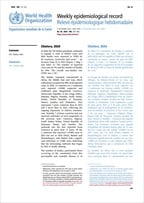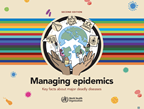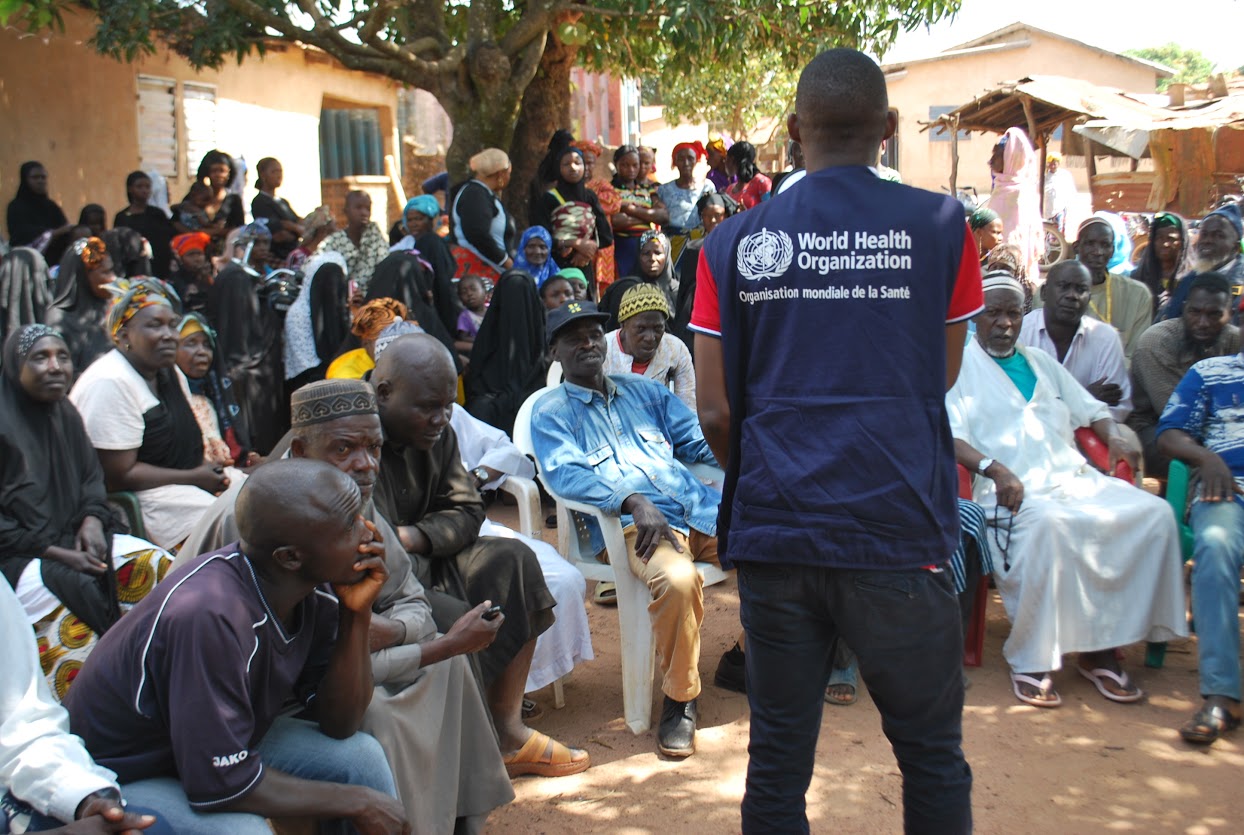Supporting cholera outbreak response
Almost every developing country in the world faces cholera outbreaks or the threat of a cholera epidemic. Each year there are an estimated 3 to 5 million cholera cases in 47 countries across the globe. Despite this fact, cholera remains a neglected disease.
In settings without basic infrastructure and where the minimum requirements of safe water and sanitation have not yet been met, the presence or introduction of Vibrio cholerae in the environment can result in huge cholera outbreaks that evolve
very quickly with devastating consequences. This can also be the case during humanitarian crises where the necessary infrastructure is either non-existent or rapidly overwhelmed by needs.
The first step in controlling cholera outbreaks and dramatically reducing the number of cholera deaths is to support countries to strengthen preparedness. This includes building capacity for early detection of cases, laboratory confirmation, and immediate and effective response to outbreaks in order to reduce their impact.
During cholera outbreaks, WHO and partners work together to improve access to clean water and sanitation, establish treatment centres, vaccinate, deliver supplies, distribute public health guidance, train health workers, and work with communities on prevention.






